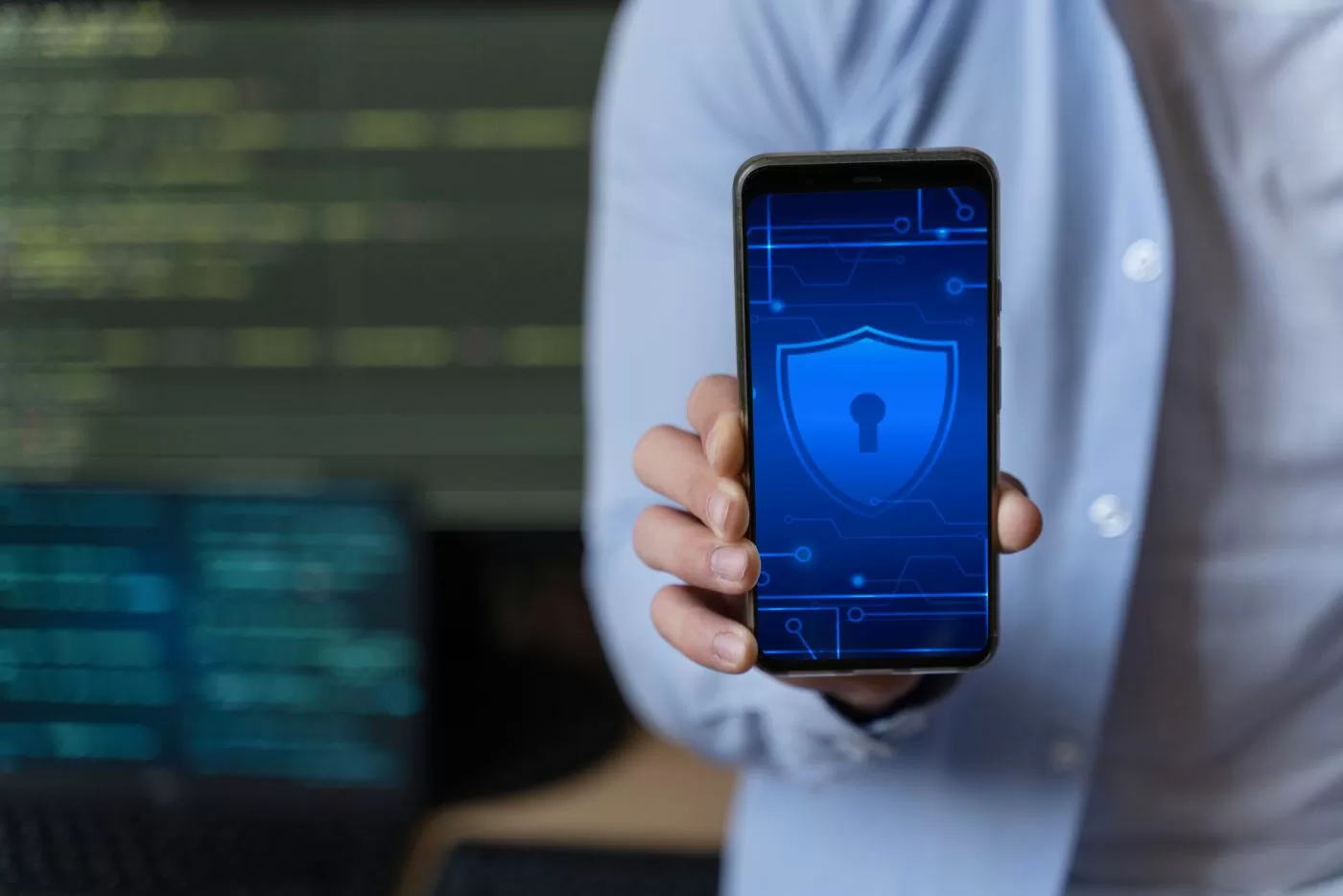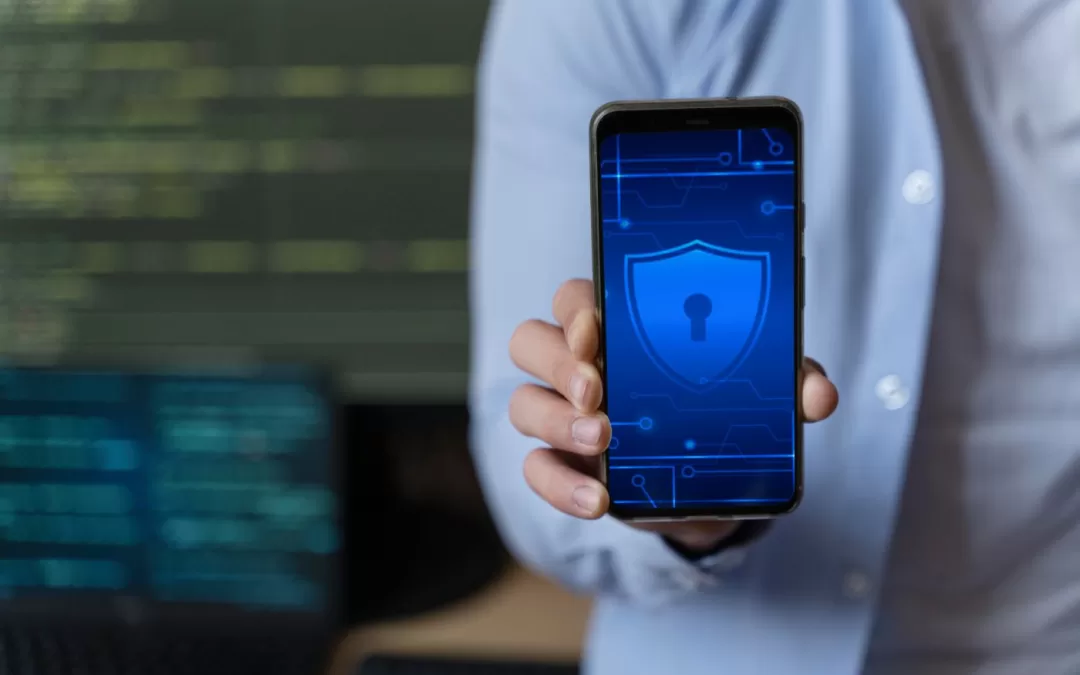
In recent years, the use of mobile applications has skyrocketed, becoming an integral part of our lives. We rely on apps for various activities, from banking to healthcare to social networking. However, with this increased reliance comes a higher risk of security breaches and data leaks.
As we head into 2024, mobile app developers must prioritize security and implement best practices to protect user data and maintain the trust of their users.
Without further ado, let’s delve into some of the best practices for maximizing mobile security in app development for 2024.
The Evolving Threat Landscape
As mobile apps become increasingly prevalent, they also become a bigger target for cybercriminals. Hackers often try to expose vulnerabilities in mobile apps that can enable them to access user data or even take over the device.
Mobile app developers must be aware of several risks. These include:
- Insecure data storage where user’s data is not encrypted while stored on a device or server.
- Inadequate user authentication processes make accessing sensitive information and data easy for unauthorized users.
- Poorly designed permission requests where mobile apps ask for more permissions to access data than they need.
10 Best Practices for Mobile App Development in 2024

1. Secure Data Encryption
Data encryption is a fundamental step in securing sensitive user information, such as login credentials and personal data. Implementing robust encryption algorithms, such as AES-256, and secure key management processes will help safeguard data at rest and in transit.

2. Multi-Factor Authentication
Implementing multi-factor authentication (MFA) provides an additional layer of security by requiring users to provide multiple forms of identification to access their accounts. This can include a combination of passwords, PINs, and biometric factors such as fingerprints or facial recognition. MFA dramatically reduces the risk of unauthorized access even if the user’s credentials have been compromised.

3. Regular Security Updates
As new security vulnerabilities and threats emerge, staying on top of the latest updates and patches is crucial. Regularly updating the app, including frequently fixing security vulnerabilities and bugs, ensures that users are protected against the latest threats. This practice should be carried out throughout the entire lifetime of the app, not just during the development phase.
4. Secure Backend Infrastructure
The security of mobile apps often depends on the security of the backend infrastructure they rely on. Implementing strong security measures in the backend, such as firewalls, intrusion detection systems, and data encryption at rest, can help protect user data and prevent unauthorized access to sensitive information.

5. Secure Authentication and Authorization
Implementing secure authentication and authorization mechanisms is crucial in preventing unauthorized access to user accounts. Using secure protocols, such as OAuth 2.0, and password hashing techniques like bcrypt or PBKDF2, can significantly enhance the security of user authentication processes.

6. Code Review and Penetration Testing
Regularly reviewing the codebase for potential security vulnerabilities and conducting penetration testing helps identify and mitigate potential security risks before the app is released. Third-party security audits can also independently assess the app’s security posture.

7. User Privacy and Data Protection
Respecting user privacy by implementing privacy policies, obtaining proper consent for data collection, and securely storing user data is crucial for maintaining user trust. Compliance with regulations such as the General Data Protection Regulation (GDPR) and adapting to emerging privacy laws are necessary to ensure user data’s legal and ethical handling.

8. Secure Offline Storage
As mobile devices often store sensitive data locally, it is essential to implement secure offline storage mechanisms to protect that data. Techniques such as encrypted local storage, secure key management, and data obfuscation can help safeguard sensitive data even if the device is compromised.

9. Secure Communication Channels
Securing communication between the app and backend servers is of utmost importance. Using secure protocols such as HTTPS and the implementation of certificate pinning can prevent man-in-the-middle attacks and ensure secure data transmission.

10. Regular Security Audits
Regular internal and external security audits can help identify potential vulnerabilities and areas for improvement. These audits should cover the app and the infrastructure, backend systems, and third-party integrations.
Partnering with Experienced Mobile App Developers Significantly Increases Your App’s Security
Partnering with experienced mobile app developers can significantly enhance the security of your app throughout the development process.
Experienced app developers understand the importance of implementing robust security measures to safeguard your app and its users. They have a deep understanding of best practices and industry standards for securing mobile applications.
One of the key benefits of partnering with experienced mobile app developers is their expertise in identifying and mitigating potential security threats. They have hands-on experience dealing with various security vulnerabilities and know how to address them effectively. Their knowledge and skills ensure that your app resists common security risks, such as data breaches, unauthorized access, and malicious attacks.
Furthermore, experienced developers stay updated with the latest security trends and emerging threats. They proactively incorporate security features and updates to fortify your app against evolving threats. By leveraging their knowledge, you can ensure that your app remains resilient in the face of new vulnerabilities or hacking techniques.
Moreover, working with experienced app developers allows for a more comprehensive approach to security testing. They conduct thorough security assessments, perform vulnerability scans, and undertake rigorous penetration testing to identify weaknesses or loopholes in your app’s security infrastructure. This ensures that your app is thoroughly tested for vulnerabilities, providing you and your users peace of mind.
Additionally, experienced mobile app developers follow secure coding practices to build a strong foundation for your app’s security. They adhere to coding standards, implement encryption protocols, and adopt industry-approved security frameworks. This attention to detail significantly reduces the risk of potential security breaches.
Takeaway
Mobile app developers in 2024 must prioritize security to protect user data and maintain user trust. By implementing these best practices, such as secure data encryption, multi-factor authentication, regular security updates, and secure communication channels, developers can create robust and secure apps that are resilient against emerging cyber threats.
Maximizing mobile security is critical for protecting user data and safeguarding the reputation and success of the app and its developers in the ever-evolving landscape of mobile app development. Hiring developers who can ensure the use of best practices in mobile app development is highly recommended.
Looking for Reliable Mobile App Developers to Build Your Dream App?
Don’t let the burden of mobile app development weigh you down. Let us take care of your mobile app development needs while you focus on other vital areas of your business. HeavyTask’s mobile app development team has decades of experience developing secure and high-performing mobile applications.
We’ve proven time and time again to be a reliable partner for businesses. Our developers stay updated with the latest trends and best practices, ensuring modern and robust mobile applications are built.
In conclusion, we urge all startups or established organizations to do the due diligence to ensure the agency that will be doing the development has the knowledge, skillsets, and expertise to get the project completed on time without sacrificing code quality. We often come across projects halfway done, using outdated tech stack where the client has spent significant resources to be in a position where the project can’t be finished.
To learn more about our software development and staff augmentation services, click the button below to schedule a free consultation or email us directly at info@heavytask.com


